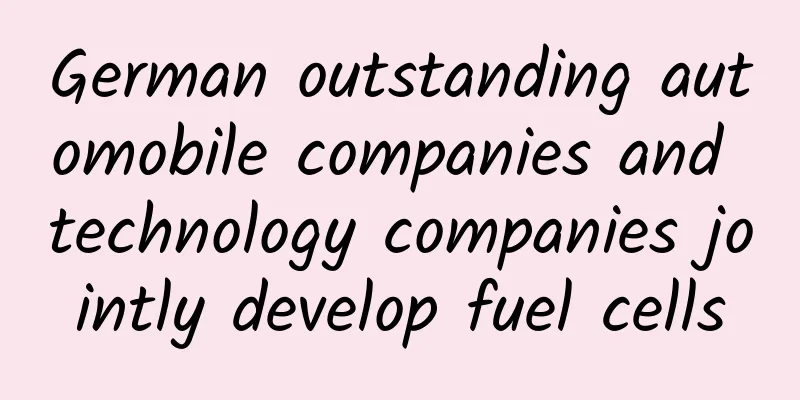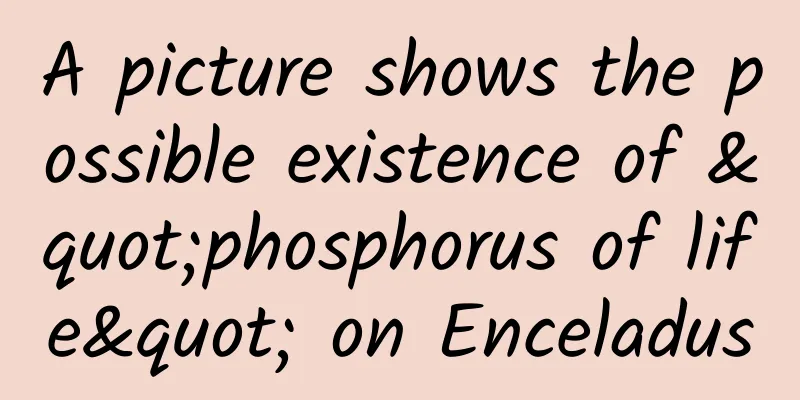German outstanding automobile companies and technology companies jointly develop fuel cells

|
According to foreign media reports, the German government has organized leading companies in the country's automotive industry to form a 60 million euro, three-year alliance to study the mass production of automotive fuel cell stacks. The alliance is called "AutoStack-Industrie" and is invested by the German Federal Ministry of Transport and Digital Infrastructure (BMVI), with an investment of 21.3 million euros in the first year. The "AutoStack-Industrie" alliance is a joint initiative of German automakers and suppliers to provide technical, economic and scientific support for the commercial introduction of fuel cell vehicles in Germany and Europe by 2020. The alliance is led by BMW and consists of leading companies in the fields of automotive and fuel cell technology in Germany, including BMW, Daimler, Dana, Ford Research and Innovation Center, Freudenberg High Performance Materials, Greenerity, NuCellSys, fuel cell company PowerCell Sweden AB, Umicore, Volkswagen Group and the Baden-Württemberg Solar and Hydrogen Research Center. Norbert Barthle, deputy minister of the German Federal Ministry of Transport and Digital Infrastructure, said that emission-free electric drive is an important option for future cars and hydrogen cars as a driving force, and is a supplement to battery cars. Germany intends to build its own fuel cell production facilities. Currently, fuel cell stacks are mainly assembled manually. Automated assembly saves time and costs and is therefore a prerequisite for the widespread market launch of fuel cell vehicles. The partners in the alliance will create a common set of production specifications, produce the battery stacks and design the components according to this specification, and then build the battery stack prototype. At the same time, the alliance members are also studying the construction of a flexible factory with a target production capacity of 30,000 fuel cell stacks per year. As a winner of Toutiao's Qingyun Plan and Baijiahao's Bai+ Plan, the 2019 Baidu Digital Author of the Year, the Baijiahao's Most Popular Author in the Technology Field, the 2019 Sogou Technology and Culture Author, and the 2021 Baijiahao Quarterly Influential Creator, he has won many awards, including the 2013 Sohu Best Industry Media Person, the 2015 China New Media Entrepreneurship Competition Beijing Third Place, the 2015 Guangmang Experience Award, the 2015 China New Media Entrepreneurship Competition Finals Third Place, and the 2018 Baidu Dynamic Annual Powerful Celebrity. |
<<: Uber completes 5 billion trips, 156 drivers receive $500 reward
Recommend
Summary of Google Ads advertising tips!
Starting October 14, 2019, Search campaigns, Shop...
Nine-grid password lock entry program
Source code introduction Set the nine-grid passwo...
Why is Weibo becoming a standard “must-buy” marketing channel for advertisers?
On August 9, Beijing time, Weibo’s stock price re...
What would you do if you passed through the center of the Earth? The answer is a bit weird
Apophobia is the fear of falling, which most huma...
How companies plan their business strategies for marketing and promotion methods!
The content of the article describes in detail th...
Can domestic 4G chips withstand Qualcomm’s monopoly?
As the National Development and Reform Commission ...
How to reasonably measure the natural growth of users?
Although according to my personality, I like to n...
220 million box office in 3 days: Why is "See You Tomorrow" so popular?
Han Han's "See You Tomorrow" box off...
Why do product promotion and advertising require calculation?
Regarding the topic of "Why does advertising...
Wuhan Tea Tasting Recommendation Exchange
Wuhan high-end tea drinking is unique and very un...
Update your iPhone to iOS 13.4 and you don’t need to bring your car keys anymore!
Only a week later, Apple released the first devel...
Brand Marketing: How to create advertisements that users like?
Some time ago, I wrote an article about practical...
Bilibili (Bilibili) Product Analysis
Bilibili was originally a two-dimensional website...
Are electric toothbrushes a waste of money?
Recently, I saw a netizen saying that he has to h...
There are many things to pay attention to when bathing in winter. Are you bathing correctly?
In winter, some people often feel their skin is v...









